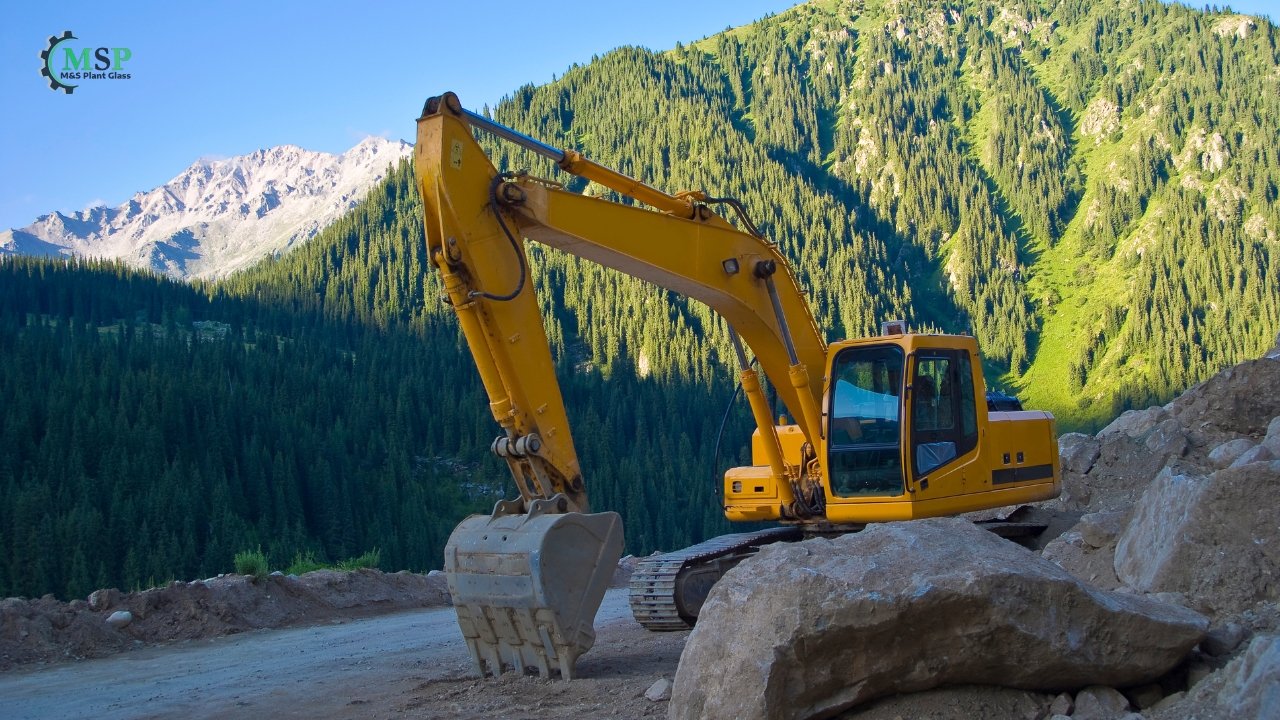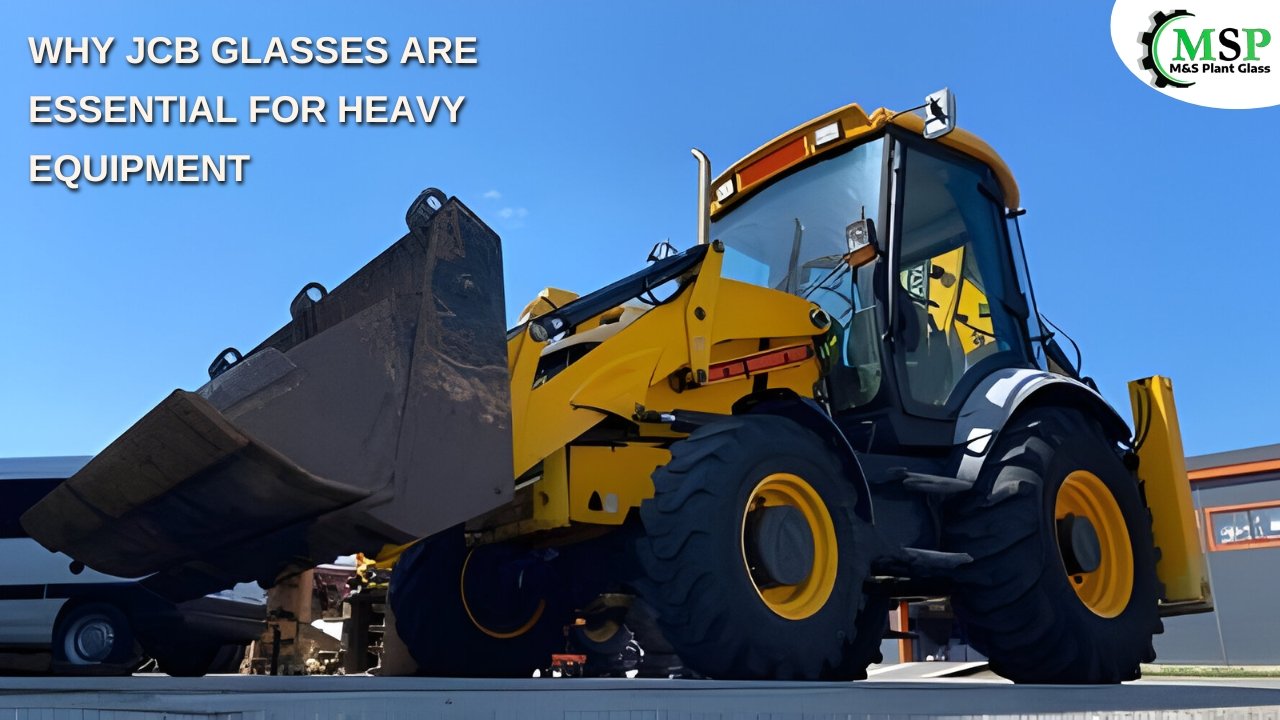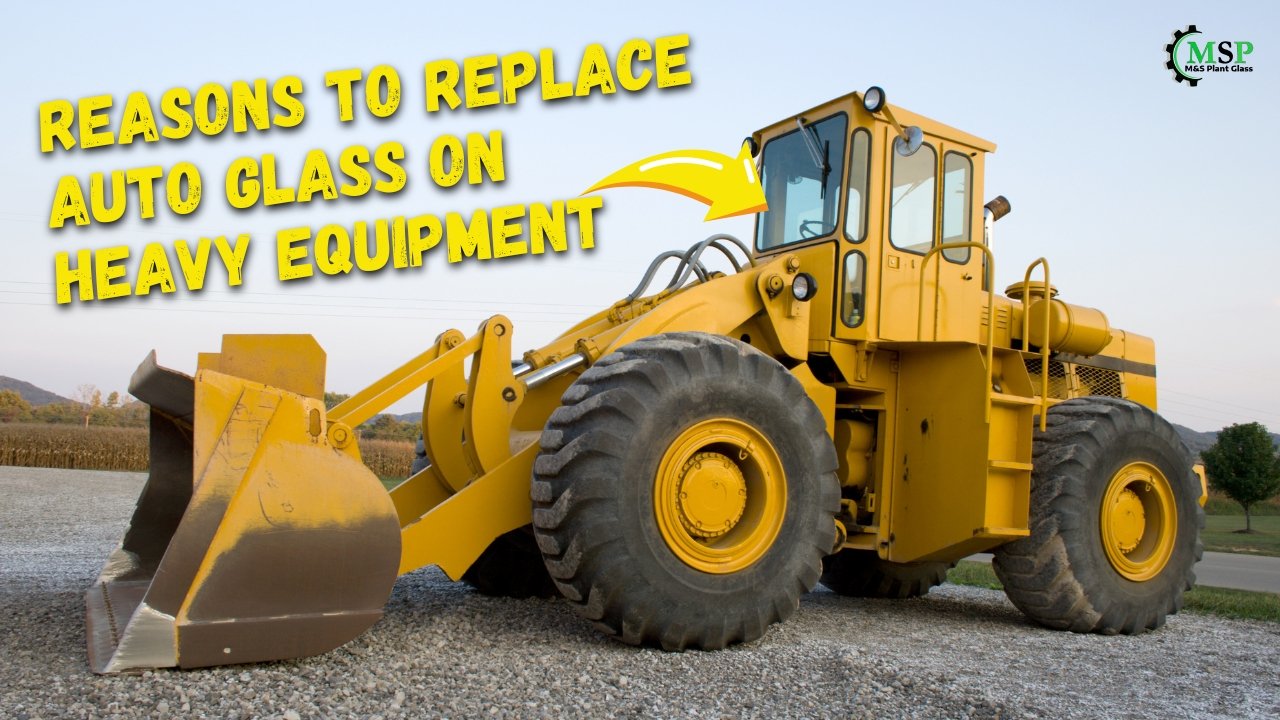The Mini Excavator: Everything You Need To Know
Mini excavators, also known as compact excavators, are small, versatile pieces of construction equipment designed for tasks that require precision and maneuverability in confined spaces. With an operating weight typically ranging from 1 to 10 tons, mini excavators are equipped with features that enable them to perform a wide range of tasks, including digging, trenching, and material handling. Their compact size and advanced capabilities make them an essential tool in modern construction and landscaping projects.
Importance in Various Industries
Mini excavators play a crucial role in several industries due to their versatility and efficiency. In urban construction, they are invaluable for tasks such as digging foundations, installing utilities, and performing demolition work in tight spaces. In landscaping, mini excavators are used for tasks like grading, planting, and building retaining walls. Utility companies utilize them for tasks such as installing and repairing water, gas, and sewer lines. Additionally, mini excavators are commonly used in residential projects for activities such as pool installation, backyard renovations, and small-scale construction work. Their ability to navigate restricted areas and perform a variety of functions, including mini excavator glass installation, makes them a vital asset across multiple industries.Key Features
Size and Weight
Mini excavators are characterised by their compact size and relatively light weight, typically ranging from 1 to 10 tons. This compactness allows them to operate in confined spaces where larger equipment cannot fit, making them ideal for tasks in urban environments and residential areas. Their lighter weight also facilitates easier transportation between job sites, often without the need for special permits.
Maneuverability
One of the standout features of mini excavators is their exceptional maneuverability. Their compact design, coupled with features like retractable undercarriages and swing booms, enables them to navigate tight spaces and complex job sites with ease. This makes them particularly useful for precise digging and material handling in areas with limited access.
Operating Capabilities
Despite their small size, mini excavators boast impressive operating capabilities. They are equipped with powerful hydraulic systems that provide the necessary force for digging, trenching, lifting, and other heavy-duty tasks. Many models come with advanced features such as zero or reduced tail swing, allowing operators to work close to structures without risk of collision. Additionally, mini excavators can be fitted with a variety of attachments, enhancing their versatility and functionality across different applications.
Applications
Mini excavators are incredibly versatile machines with a wide range of applications across various industries. In urban construction, their compact size and maneuverability make them perfect for tasks such as digging foundations, installing utilities, and performing demolition work in confined spaces where larger equipment cannot operate. In landscaping, mini excavators are essential for grading, planting, building retaining walls, and other intricate tasks that require precision and care. Utility companies also benefit from the use of mini excavators for installing and repairing water, gas, and sewer lines, as well as for trenching and backfilling tasks. Additionally, mini excavators are commonly used in residential projects for activities such as pool installation, backyard renovations, and small-scale construction work. Their ability to operate in restricted areas and perform a variety of functions makes mini excavators indispensable tools in urban construction, landscaping, utility work, and residential projects.
Advantages
Compact Size
The compact size of mini excavators is one of their most significant advantages. Their small footprint allows them to operate in confined spaces and tight areas that are inaccessible to larger machines. This makes them ideal for urban construction, residential projects, and any site where space is limited. Their ability to work in close proximity to structures without causing damage is particularly beneficial for tasks that require precision.
Versatility with Attachments
Mini excavators are highly versatile due to their ability to use a wide range of attachments. These machines can be equipped with buckets, augers, breakers, grapples, and other tools, allowing them to perform various tasks such as digging, trenching, drilling, demolition, and material handling. This adaptability reduces the need for multiple machines on a job site, saving both time and money while increasing efficiency.
Fuel Efficiency
Mini excavators are designed to be fuel-efficient, which helps reduce operating costs. Their smaller engines consume less fuel compared to larger excavators, making them more economical to run. This fuel efficiency is not only cost-effective but also environmentally friendly, as it reduces the overall carbon footprint of construction activities.
Ease of Transport
The lightweight and compact nature of mini excavators make them easy to transport between job sites. They can often be transported on standard trailers without the need for special permits or oversised load considerations. This ease of transport enhances their flexibility and convenience, allowing operators to quickly move the equipment to where it is needed most, thereby reducing downtime and increasing productivity.
Attachments and Uses
Mini excavators are incredibly versatile machines thanks to their ability to use a wide range of attachments.
1.) Buckets are the most common attachment and are used for digging, trenching, and material handling. They come in various sizes and configurations to suit different tasks, from general digging to precise grading.
2.) Augers are attachments used for drilling holes in the ground. They are commonly used for installing fence posts, planting trees, and boring holes for utility poles or foundations.
3.) Breakers, also known as hydraulic hammers, are used for breaking up concrete, asphalt, and rock. They are indispensable for demolition work, road construction, and site preparation.
4.) Grapples are attachments with gripping jaws used for lifting, moving, and sorting materials such as logs, rocks, and debris. They are commonly used in forestry, landscaping, and waste management applications.
Economic Benefits
Cost Efficiency
Mini excavators offer significant cost efficiency compared to larger construction equipment. Their smaller size and reduced fuel consumption result in lower operating costs. Additionally, their versatility with attachments means that one machine can perform multiple tasks, reducing the need for additional equipment rentals or purchases. This cost-saving advantage makes mini excavators an attractive option for contractors and construction companies looking to maximise their budget.
Time Savings
The compact size and maneuverability of mini excavators enable them to work efficiently in tight spaces and congested job sites. This results in faster completion of tasks compared to larger equipment, which may struggle to navigate confined areas. Moreover, their ability to perform various functions with different attachments streamlines workflow and reduces downtime between tasks. As a result, projects can be completed more quickly, saving time and labor costs.
Reduced Need for Multiple Machines
Mini excavators are versatile machines that can perform a wide range of tasks with the appropriate attachments. This versatility reduces the need for multiple machines on a job site, simplifying logistics and reducing equipment costs. Contractors can use a single mini excavator for tasks such as digging, trenching, grading, and material handling, eliminating the need to rent or purchase additional equipment for each specific task. This streamlined approach not only saves money but also reduces the space required for equipment storage and transportation, further optimising efficiency and cost-effectiveness.






